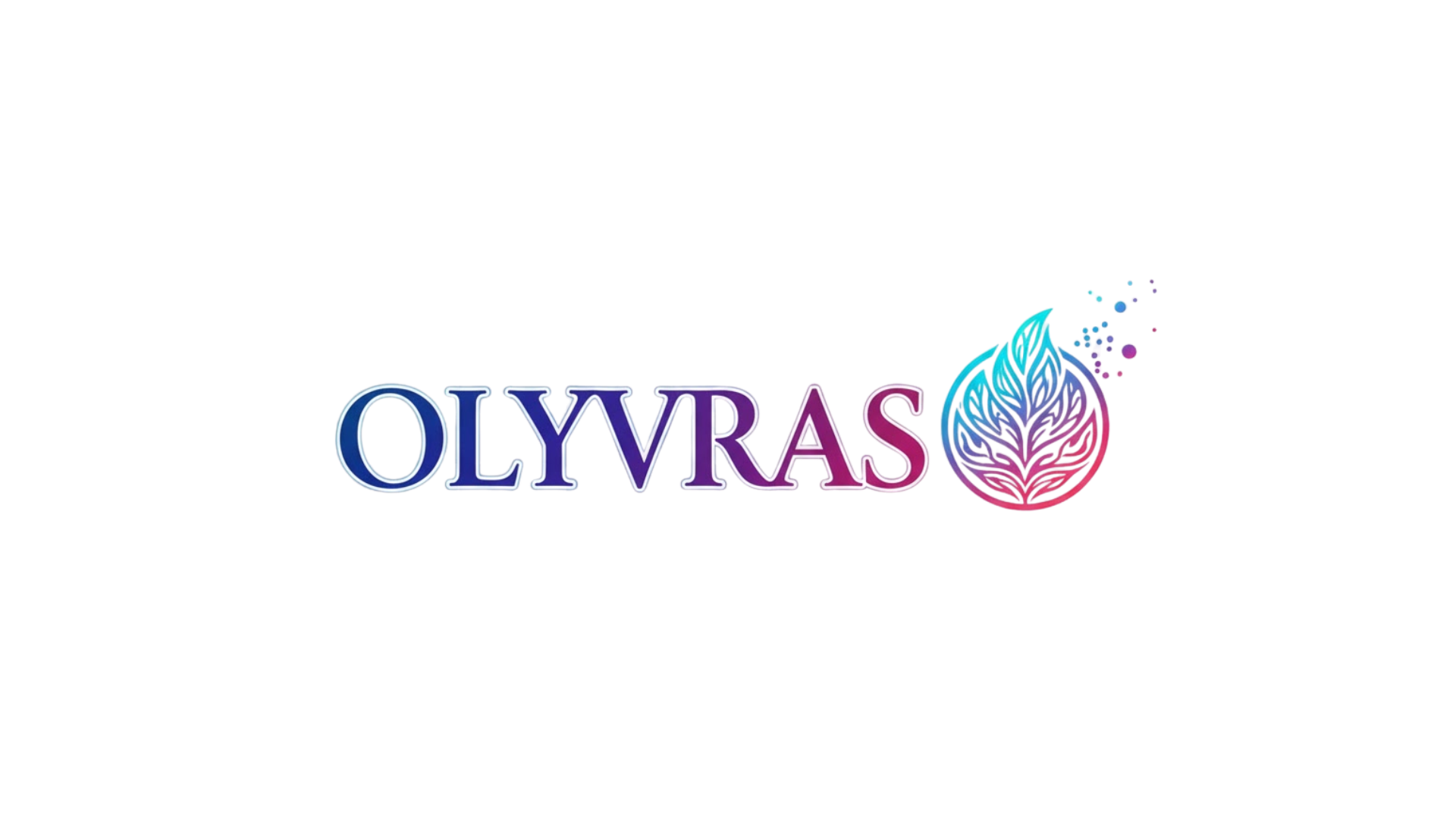In an interconnected world, education transcends borders, offering unprecedented opportunities to learn, grow, and share knowledge across cultures and continents. 🌍
The landscape of learning has transformed dramatically over the past decade. Traditional classrooms, while still valuable, no longer represent the sole pathway to knowledge acquisition. Today’s learners have access to an extraordinary array of resources that span geographical boundaries, cultural contexts, and economic barriers. This democratization of education represents one of humanity’s most significant achievements, empowering individuals regardless of their location or background to pursue intellectual growth and professional development.
Global education isn’t merely about accessing information from different countries—it’s about understanding diverse perspectives, embracing cultural intelligence, and developing the skills necessary to thrive in an increasingly complex world. The ability to learn from experts across continents, collaborate with peers from different cultures, and apply knowledge in various contexts has become essential for personal and professional success.
🚀 Breaking Down Traditional Barriers to Learning
For centuries, quality education remained confined within the walls of prestigious institutions, accessible only to those with sufficient financial resources or geographic proximity. This exclusivity created significant disparities in knowledge distribution, limiting human potential and perpetuating cycles of inequality.
The digital revolution has fundamentally altered this reality. Today, a student in rural India can access the same lectures from MIT professors as someone attending classes in Cambridge. A working professional in Brazil can earn certifications from European universities without leaving their home. This unprecedented accessibility represents more than convenience—it symbolizes a fundamental shift in how humanity approaches learning and knowledge sharing.
Technology platforms have emerged as great equalizers, offering diverse learning formats that accommodate different learning styles, schedules, and preferences. Whether through video lectures, interactive simulations, virtual reality experiences, or collaborative online projects, learners can now engage with content in ways that resonate with their individual needs and circumstances.
The Economics of Accessible Education
The cost factor has historically prevented millions from pursuing higher education and specialized training. Traditional university degrees often require substantial financial investment, including tuition fees, accommodation costs, textbooks, and living expenses. This financial burden has forced countless talented individuals to abandon their educational aspirations.
Modern educational platforms have disrupted this model by offering free or affordable alternatives. Massive Open Online Courses (MOOCs), open educational resources, and community-driven learning platforms provide high-quality content at minimal or no cost. This pricing revolution has enabled millions worldwide to acquire new skills, change careers, and pursue lifelong learning without incurring crippling debt.
🌐 The Power of Cross-Cultural Knowledge Exchange
One of the most transformative aspects of global education lies in its capacity to facilitate cross-cultural dialogue and understanding. When learners from different backgrounds come together in virtual classrooms, they bring unique perspectives shaped by their cultural contexts, historical experiences, and social environments.
This diversity enriches the learning experience exponentially. A discussion about sustainable business practices gains depth when it includes perspectives from entrepreneurs in African nations dealing with resource scarcity, innovators in Scandinavian countries implementing circular economy models, and startup founders in Asian megacities navigating rapid urbanization challenges. Each viewpoint contributes to a more comprehensive understanding of global challenges and potential solutions.
Cultural intelligence—the ability to function effectively across different cultural contexts—has become a critical competency in our globalized economy. Global education platforms naturally cultivate this skill by exposing learners to diverse ways of thinking, problem-solving approaches, and communication styles. This exposure builds empathy, reduces prejudice, and prepares individuals to collaborate effectively in multicultural environments.
Language Learning as a Gateway to Global Opportunities
Language barriers have traditionally limited knowledge sharing and cultural exchange. However, innovative language learning applications and translation technologies are rapidly breaking down these walls. Digital platforms now offer personalized language instruction that adapts to individual learning speeds and preferences, making multilingualism more achievable than ever before.
Learning a new language opens doors to vast knowledge repositories, professional opportunities, and meaningful connections with people from different cultures. It demonstrates respect for other cultures and signals openness to diverse perspectives—qualities increasingly valued in global professional contexts.
💡 Building Communities of Practice and Collaborative Learning
Knowledge sharing reaches its full potential when learners transition from passive consumers to active contributors within learning communities. Online forums, study groups, peer review systems, and collaborative projects create ecosystems where knowledge circulates dynamically rather than flowing unidirectionally from instructor to student.
These communities of practice enable learners to teach while learning—a process that deepens understanding and builds confidence. When someone explains a concept to a peer, they consolidate their own knowledge while helping others. This reciprocal relationship creates a virtuous cycle where collective knowledge grows exponentially.
Professional networking within these communities often leads to unexpected opportunities. Learners discover potential collaborators, mentors, employers, or business partners through shared educational experiences. These connections frequently transcend the original learning context, evolving into lasting professional relationships that span continents.
The Role of Mentorship in Global Education
Despite technological advances, human guidance remains invaluable in the learning journey. Digital platforms have made mentorship more accessible by connecting learners with experienced professionals regardless of geographical separation. Virtual mentorship programs allow aspiring professionals to receive guidance from industry leaders they might never have encountered through traditional networking channels.
Effective mentors provide more than technical knowledge—they offer perspective, encouragement, and insights drawn from their experiences navigating challenges similar to those their mentees face. This human element complements the scalability of digital education platforms, ensuring that technological efficiency doesn’t come at the expense of personal connection and support.
📚 Curating Quality in an Age of Information Abundance
While access to information has increased dramatically, this abundance presents its own challenges. Learners now face the daunting task of distinguishing high-quality educational content from misleading, outdated, or inaccurate information. Critical evaluation skills have become essential competencies in the digital age.
Reputable educational platforms address this challenge through various quality assurance mechanisms. Peer reviews, expert verification processes, credential transparency, and user feedback systems help learners identify trustworthy sources. Additionally, developing media literacy and critical thinking skills enables individuals to assess information credibility independently—a vital capability in an era of misinformation.
Curated learning paths designed by educational experts help learners navigate complex subjects systematically rather than feeling overwhelmed by endless options. These structured approaches provide scaffolding that supports progressive skill development while allowing flexibility for personalized exploration.
🎯 Aligning Learning with Real-World Application
The most impactful education connects theoretical knowledge with practical application. Global education platforms increasingly emphasize project-based learning, case studies from diverse contexts, and opportunities to apply skills in real-world scenarios. This approach ensures that learning translates into tangible capabilities rather than remaining abstract and disconnected from practical needs.
Interdisciplinary approaches have gained prominence as complex global challenges rarely fit neatly within traditional academic disciplines. Climate change, public health crises, economic inequality, and technological disruption require integrated solutions drawing from multiple fields. Educational programs that bridge disciplines prepare learners to address these multifaceted challenges effectively.
Microlearning and Adaptive Education Models
The pace of modern life often makes extended study periods impractical. Microlearning—delivering content in small, focused segments—accommodates busy schedules while maintaining learning momentum. These bite-sized lessons can be consumed during commutes, lunch breaks, or any brief windows of available time, making continuous learning sustainable even amid demanding professional and personal responsibilities.
Adaptive learning technologies personalize educational experiences by adjusting content difficulty, pacing, and presentation based on individual performance and preferences. These intelligent systems identify knowledge gaps, recommend targeted resources, and optimize learning pathways for maximum efficiency and retention. This personalization ensures that each learner receives an experience tailored to their unique needs rather than following a one-size-fits-all approach.
🔮 Emerging Technologies Reshaping Educational Landscapes
Artificial intelligence, virtual reality, augmented reality, and blockchain technologies are revolutionizing how knowledge is created, shared, and verified. AI-powered tutoring systems provide instant feedback and personalized guidance at scale. Virtual reality enables immersive learning experiences—medical students can practice surgeries in risk-free environments, historians can explore ancient civilizations, and engineers can manipulate complex machinery virtually before touching physical equipment.
Blockchain technology offers potential solutions for credential verification, creating tamper-proof records of educational achievements that can be instantly verified by employers or institutions worldwide. This transparency reduces fraud while simplifying the often cumbersome process of verifying qualifications across international borders.
These technologies shouldn’t replace human interaction but rather enhance it, automating routine aspects of education while freeing educators to focus on mentorship, inspiration, and addressing complex individual needs that require human empathy and creativity.
🌱 Cultivating Lifelong Learning Mindsets
Perhaps the most crucial outcome of global education isn’t any specific skill or certification but rather the cultivation of lifelong learning mindsets. In rapidly evolving economies where jobs are continuously transformed by technological advances, the ability to learn, unlearn, and relearn becomes more valuable than any static knowledge base.
Curiosity, adaptability, resilience, and growth-oriented thinking characterize successful lifelong learners. These qualities enable individuals to embrace change rather than fear it, viewing challenges as learning opportunities rather than insurmountable obstacles. Global education platforms foster these mindsets by normalizing continuous skill development and celebrating intellectual growth at all life stages.
Organizations increasingly recognize that their long-term success depends on workforce adaptability. Forward-thinking companies invest in continuous learning opportunities for employees, understanding that supporting professional development yields returns through innovation, retention, and competitive advantage.
Creating Personal Learning Ecosystems
Effective lifelong learners curate personal learning ecosystems tailored to their goals, interests, and circumstances. This ecosystem might include formal courses, professional communities, podcasts, books, mentors, practice projects, and peer study groups. The specific combination varies by individual, but the principle remains constant: diverse learning sources create richer, more resilient knowledge foundations.
Regular reflection on learning progress, setting clear objectives, and adjusting strategies based on outcomes help maintain momentum and ensure that learning efforts align with evolving goals. This metacognitive approach—thinking about one’s own thinking and learning processes—enhances learning efficiency and satisfaction.
🤝 Contributing to Global Knowledge Commons
Education shouldn’t be viewed merely as personal advancement but also as opportunity and responsibility to contribute to collective human knowledge. When learners become creators—writing articles, developing open-source projects, mentoring others, or sharing insights from their unique perspectives—they enrich the global knowledge commons from which they’ve benefited.
This contributory mindset transforms education from a transactional exchange into a generative process that expands knowledge rather than simply redistributing existing information. Every learner possesses unique experiences and perspectives that, when shared, add value to the collective understanding of complex issues.
Open educational resources exemplify this generous approach to knowledge sharing. Educators who freely share their course materials, researchers who publish in open-access journals, and developers who contribute to open-source projects embody the collaborative spirit that makes global education possible. Supporting and participating in these initiatives strengthens the entire ecosystem.

💪 Taking Action: Your Path Forward
Understanding the potential of global education means little without translating that awareness into action. Begin by identifying specific skills or knowledge areas that align with your personal or professional aspirations. Research available learning platforms, read reviews, and sample introductory content to find resources that match your learning style and objectives.
Set realistic goals that balance ambition with sustainability. Committing to fifteen minutes of daily learning proves more effective than sporadic intensive study sessions that quickly become overwhelming. Consistency builds momentum and gradually transforms learning from an effortful activity into an ingrained habit.
Connect with fellow learners through online forums, local meetup groups, or study partners. These connections provide accountability, support during challenging moments, and opportunities to deepen understanding through discussion and collaboration. Learning need not be solitary—indeed, it’s often more effective and enjoyable when shared.
Finally, remember that education represents a journey rather than a destination. Embrace the process, celebrate progress, and maintain perspective during inevitable setbacks. Every expert began as a beginner, and every skill worth developing requires patience, practice, and persistence. Your commitment to continuous growth contributes not only to your personal success but also to humanity’s collective advancement toward a brighter, more knowledgeable future. 🌟
Toni Santos is a global-policy researcher and ethical-innovation writer exploring how business, society and governance interconnect in the age of interdependence. Through his studies on corporate responsibility, fair trade economics and social impact strategies, Toni examines how equitable systems emerge from design, policy and shared vision. Passionate about systemic change, impact-driven leadership and transformative policy, Toni focuses on how global cooperation and meaningful economy can shift the scenario of globalization toward fairness and purpose. His work highlights the intersection of economics, ethics and innovation — guiding readers toward building structures that serve people and planet. Blending policy design, social strategy and ethical economy, Toni writes about the architecture of global systems — helping readers understand how responsibility, trade and impact intertwine in the world they inhabit. His work is a tribute to: The global commitment to equity, justice and shared prosperity The architecture of policy, business and social impact in a connected world The vision of globalization as cooperative, human-centred and regenerative Whether you are a strategist, policymaker or global thinker, Toni Santos invites you to explore ethical globalization — one policy, one model, one impact at a time.




